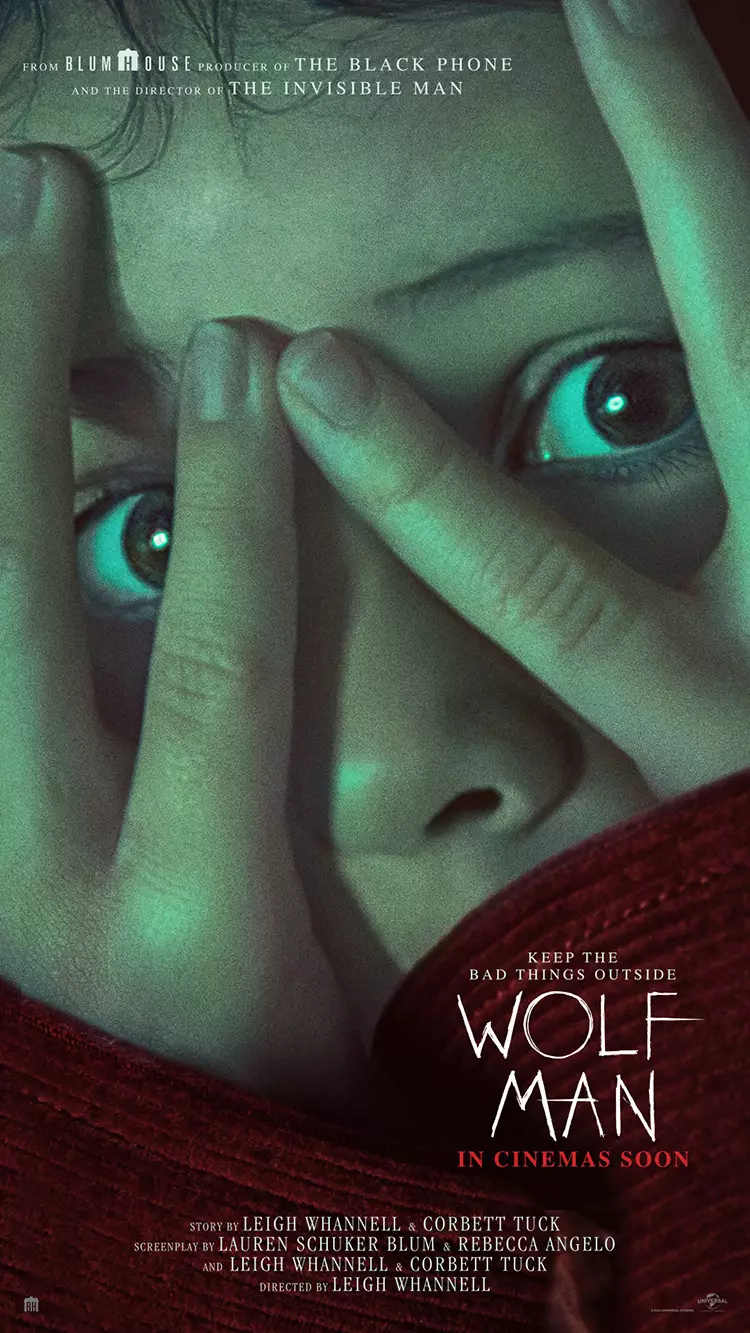Leigh Whannell, renowned for his gripping narratives in films like **The Invisible Man** and **Upgrade**, is stepping into familiar territory with the latest adaptation of classic horror: **Wolf Man**. Teaming up once more with the iconic production house Blumhouse, Whannell is diving into the eerie world of werewolves. The anticipation surrounding this project is palpable, as fans of the genre eagerly await to see how a contemporary lens will be applied to time-honored mythical creatures.
At its core, **Wolf Man** centers on Blake, portrayed by Christopher Abbott, who inherits a secluded home in rural Oregon, a relic from his vanished father. This inheritance marks the beginning of a series of harrowing events that test the boundaries of family and sanity. Blake, grappling with the deterioration of his marriage to the ambitious Charlotte, played by Julia Garner, invites his wife and daughter, Ginger, to escape their urban life. However, what begins as a simple family getaway spirals into a nightmare fueled by the unknown.
The family’s terrifying encounter with an unseen predator packs a punch as they barricade themselves within the farmhouse, raising stakes that delve into survival and psychological horror. As night falls, Blake undergoes a transformation—his reality begins to warp as he fights the shadowy terror that prowls outside. This duality of danger—what lies outside versus the unseen menace within—creates a rich narrative tension that resonates deeply within the horror genre.
One of the intriguing aspects of **Wolf Man** is the portrayal of the characters’ evolving dynamic under stress. As Blake’s affliction intensifies—hinting at a metamorphosis more profound than physical transformation—Charlotte is left to grapple with a horrifying dilemma. This narrative explores not just the external threat of horror but interrogates the internal conflicts within family structures. It prompts audiences to ponder fundamental questions: What does it mean to lose control? How do fear and change reshape relationships?
Julia Garner’s Charlotte must navigate her husband’s increasing instability while ensuring the safety of their daughter, which adds layers of complexity to her character. This multidimensional exploration, coupled with Whannell’s knack for intensifying emotions, sets the stage for a thought-provoking narrative that goes beyond the traditional werewolf tale.
With Whannell at the helm as both writer and director, alongside a talented team including producers like Jason Blum and executive producer Ryan Gosling, **Wolf Man** is poised to carve its niche in the horror genre. The production’s commitment to storytelling depth over mere jump scares reinforces the film’s potential to engage audiences on a psychological level.
As trailers promise visuals that evoke dread and intrigue, fans can only speculate how this modern take on a monstrous archetype will resonate. The blend of atmospheric tension and character-driven plot suggests that **Wolf Man** will not merely rest on its horror roots but strive to elevate them, exploring the fragility of humanity against insurmountable darkness.
As Whannell takes the helm, **Wolf Man** emerges as a captivating exploration of horror, family dynamics, and the convergence of the known with the unfathomable. The film’s impending release not only sets the stage for chills but also ignites discussions about what this classic monster represents in today’s world.


Leave a Reply